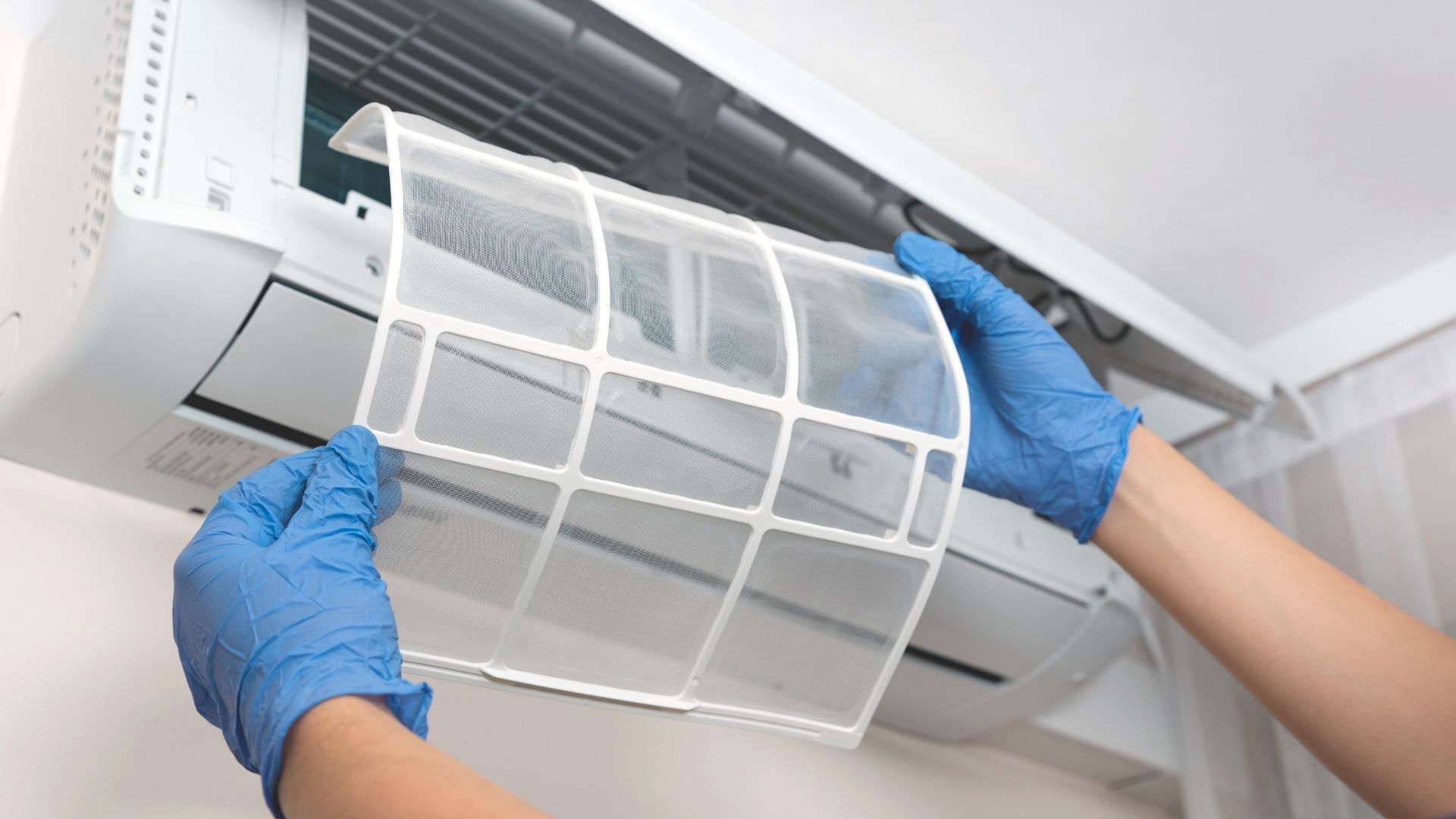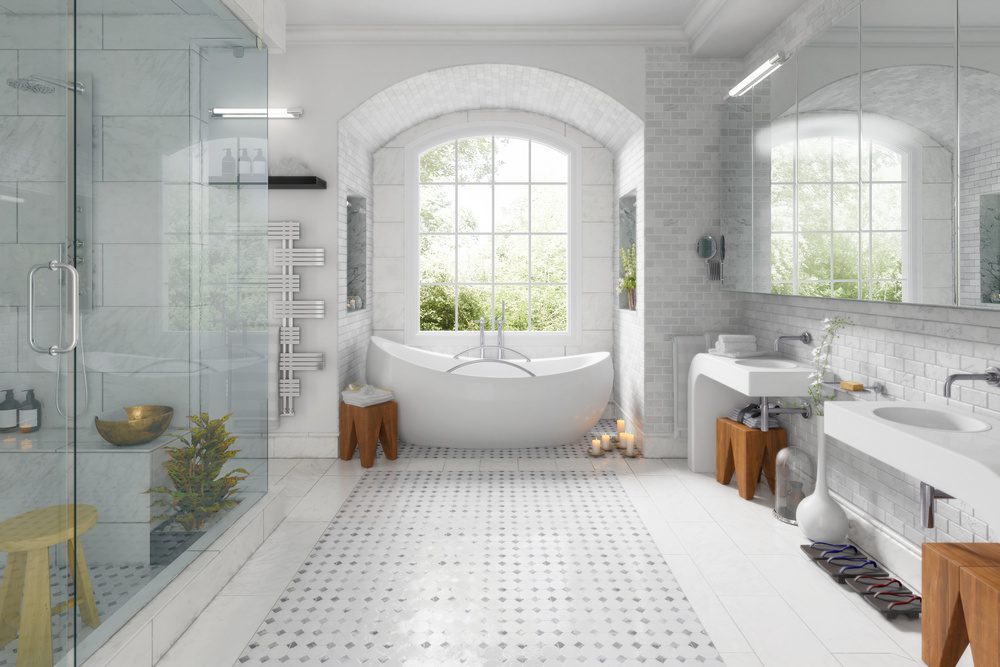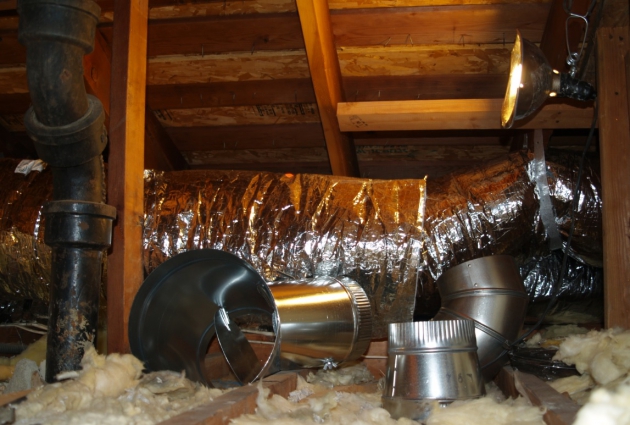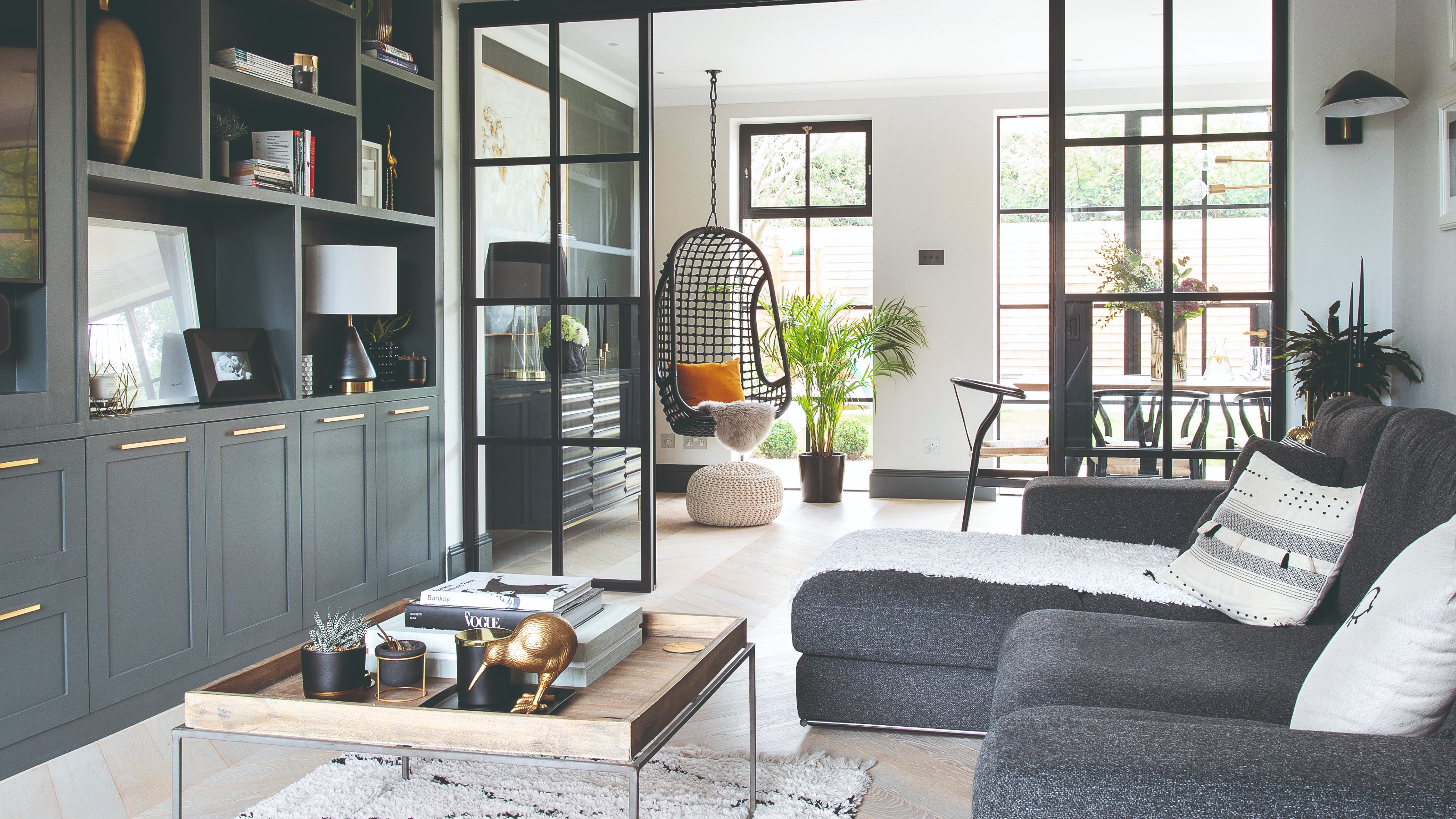Regular Maintenance Tips for Your Air Conditioning in Malaga

As the vibrant sunsets and warm breezes of Malaga fill the air, your air conditioning system becomes an invaluable ally in maintaining comfort during the scorching summer months. To ensure that your system operates at its peak efficiency and provides reliable cooling when you need it most, regular maintenance is essential.
Air Conditioning Marbella – At Air Con Spain, we understand the significance of a well-maintained air conditioning system in Malaga’s climate. In this guide, we’ll share valuable maintenance insights to keep your air conditioning running smoothly and efficiently, ensuring your indoor oasis remains cool and comfortable throughout the year.
1. Clean or Replace Air Filters: Air filters play a pivotal role in maintaining indoor air quality and system efficiency. Over time, these filters can become clogged with dust, debris, and allergens, obstructing airflow and causing your system to work harder. It’s advisable to clean or replace air filters every one to three months, especially during periods of heavy usage. This simple task not only improves indoor air quality but also helps your air conditioning system function more efficiently, reducing energy consumption and extending the lifespan of the equipment.
2. Keep Outdoor Units Clear: In Malaga’s warm climate, outdoor units can easily become obstructed by dirt, leaves, and vegetation. Regularly inspect the area around the outdoor unit and ensure it’s clear of any debris. Adequate airflow is crucial for the proper functioning of the system. Trim any plants or shrubs around the unit and maintain a clear space of at least two feet to ensure optimal ventilation. Additionally, periodically clean the outdoor unit’s coils with a gentle stream of water to remove accumulated dirt and grime, allowing for efficient heat exchange.
3. Check Condensate Drain Line: The condensate drain line removes excess moisture from the system. Over time, this line can become clogged with algae or debris, potentially leading to water damage or reduced system efficiency. Regularly inspect the drain line and ensure it’s free of blockages. If you notice water pooling around the indoor unit or suspect a clog, use a mixture of water and bleach to clear the line. However, if you’re unsure or uncomfortable performing this task, it’s best to seek professional assistance.
4. Schedule Professional Maintenance: While some maintenance tasks can be performed by homeowners, scheduling annual professional maintenance is essential for the long-term health of your air conditioning system. Trained technicians can perform a thorough inspection, clean critical components, check refrigerant levels, and identify potential issues before they escalate. Professional maintenance ensures that your system is operating efficiently, saving you money on energy bills and reducing the risk of unexpected breakdowns during the hottest days of summer.
5. Optimize Thermostat Settings: Optimizing your thermostat settings can have a significant impact on energy consumption. Set your thermostat to a comfortable temperature, ideally around 24-26 degrees Celsius (75-78 degrees Fahrenheit), during the cooling season. Avoid setting the temperature too low, as it not only strains your system but also increases energy usage. Utilize programmable or smart thermostats to create cooling schedules that match your daily routine. This way, your system operates efficiently when needed and reduces cooling when you’re away, saving energy without sacrificing comfort.
6. Regularly Inspect Ductwork: If your air conditioning system uses ductwork, inspect it periodically for leaks or damage. Leaky ducts can result in significant energy losses and reduced cooling efficiency. Seal any visible gaps or joints using appropriate duct sealant or tape. If you suspect major issues or significant leaks, consider hiring a professional to conduct a thorough duct inspection and sealing process.
Regular maintenance is the key to ensuring that your air conditioning system operates at its best, delivering reliable cooling and comfort throughout the year in Malaga’s climate. By following these maintenance tips and scheduling professional inspections, you not only extend the lifespan of your equipment but also reduce energy consumption and save on utility bills. At Air Con Spain, we’re committed to helping you make the most of your air conditioning system, ensuring that your indoor haven remains a cool and refreshing escape from the warmth of the Andalusian sun.
What is Air Conditioning?
Air conditioning is a technological system that regulates indoor temperature, humidity, and air quality to create a comfortable and controlled environment. It involves the process of cooling or heating the air within an enclosed space, such as a room, building, or vehicle. The primary purpose of air conditioning is to provide thermal comfort by maintaining a desired temperature regardless of the external weather conditions. This technology is widely used in various settings, including homes, offices, hotels, hospitals, and industrial facilities.
Air conditioning systems work by utilizing the principles of thermodynamics and the refrigeration cycle. They typically consist of components such as an evaporator, a compressor, a condenser, and an expansion valve. These components work together to circulate a refrigerant, a substance that absorbs and releases heat as it changes between liquid and gaseous states. By removing heat from indoor air and expelling it outdoors, air conditioning systems achieve the desired cooling effect, making the indoor environment more comfortable and conducive to human activities.
What are the Benefits of Air Conditioning?
The benefits of air conditioning extend beyond providing relief from hot weather. Firstly, air conditioning enhances comfort by regulating indoor temperatures, making living and working spaces more pleasant even during extreme weather conditions. It’s particularly crucial for vulnerable populations such as the elderly, children, and those with health conditions that are aggravated by heat.
Air conditioning also improves indoor air quality by filtering out dust, allergens, and pollutants from the air. This is especially important for individuals with respiratory issues, as clean air contributes to better health and reduced symptoms. Moreover, controlled humidity levels prevent excessive moisture and mold growth, ensuring a healthier environment.
In commercial settings, air conditioning contributes to increased productivity by creating a comfortable workspace for employees and customers. It also helps preserve equipment, materials, and perishable goods that are sensitive to heat and humidity. Overall, air conditioning enhances well-being, productivity, and the overall quality of life. Are you looking for the best Air Conditioning Installation Marbella has to offer, then look no further.
How Does Air Conditioning Work?
Air conditioning systems work by utilizing the principles of heat transfer and the refrigeration cycle. The process involves a refrigerant, a fluid that absorbs heat as it changes from a low-pressure gas to a high-pressure liquid and then releases heat as it changes back into a low-pressure gas. The key components involved in this process include the evaporator, compressor, condenser, and expansion valve.
The cycle begins with the evaporator, where the refrigerant absorbs heat from indoor air, causing it to evaporate and become a low-pressure gas. The compressor then pressurizes the gas, raising its temperature and pressure. This hot, high-pressure gas flows into the condenser, where it releases heat to the outdoor environment and condenses back into a liquid state.
The expansion valve reduces the pressure of the liquid refrigerant, causing it to evaporate and repeat the cycle. As heat is continuously removed from indoor air and expelled outdoors, the indoor environment becomes cooler and more comfortable. This cycle is responsible for achieving the cooling effect of air conditioning systems, maintaining desired indoor temperatures regardless of external conditions.





